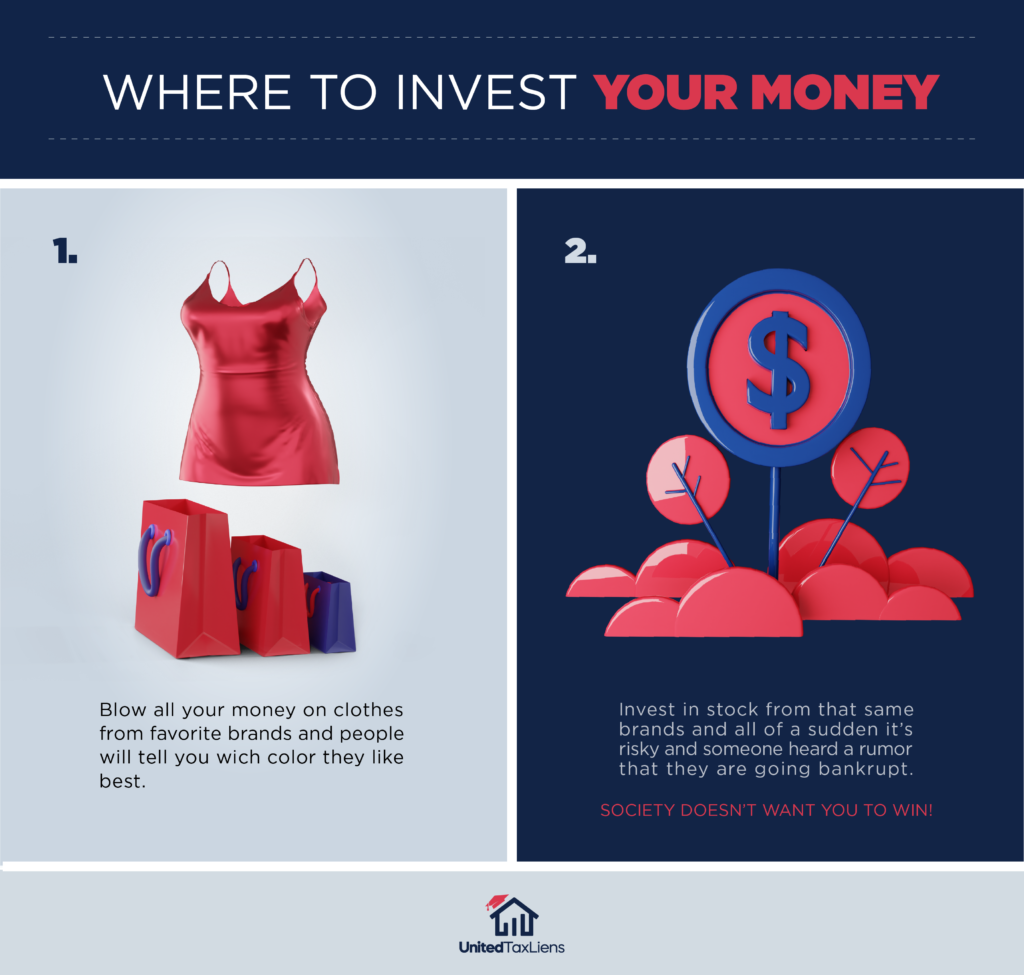Are you interested in real estate investing that is easy to enter with a high return rate and minimal upfront capital? Tax lien investing:
- Is an easy, low-cost, and hands-off investment.
- Funds local communities and keeps homeowners in their homes.
- Is a safe, state-regulated opportunity that brings in monthly income.
Tax lien investing has been around for over 100 years, but some investors still aren't sure what it is or how it works.
Real Estate Is Still a Great Investment
Real estate investing is the closest thing to investing in a sure thing. Real estate is a classic, traditional investment type because of its stability. That said, real estate investments typically demand a lot of time and effort. Many people are put off by the idea of managing properties, maintaining them, and selling them.
If you don't want to get involved in buying property, flipping property, buying foreclosures, or managing full-scale properties, are you out of the market? With tax lien investing, you can get all the benefits and none of real estate investing drawbacks. Read on to learn more about this alternative way to invest in the real estate market.

Contents
- What Is Tax Lien Investing?
- How Does It Work?
- Tax Lien Investing: How To Get Started
- Is Tax Lien Investing Right For You?
What Is Tax Lien Investing?
It's a way to add real estate to your investment portfolio without having to buy homes, office buildings, or any physical properties. It produces fixed returns and doesn't require you to manage properties.
How Does It Work?
A tax lien occurs when a homeowner can't pay their property taxes. In response, the state or local government places a tax lien on the property. This means they can't sell the property until they clear the debt. A tax lien damages the homeowner's credit and prevents them from selling, refinancing, or borrowing against their home.
A homeowner in this scenario has three choices:
- Pay the taxes, fees, and interest in full.
- Try to dismiss the debt in bankruptcy.
- Make payment arrangements with the government agency to pay the outstanding debt.
Typically, the homeowner makes payment arrangements.
In most states, this gives the homeowner up to three years to pay back taxes and interest. Every state has different payment deadlines. If the deadline comes and the taxes are not paid, the lienholder has the right to sell the house at a tax auction.
Is Tax Lien Investing Right for You?
As promising as all of this may sound, don't get ahead of yourself. Since the potential returns for tax lien investing are so good, the associated risks are often quite high. For one thing, there's no secondary market for tax lien certificates. For the duration of the redemption period – typically six months to three years – you won't be able to sell. Therefore, you must be willing to play the long game.
Although rare, another risk is that the property taxes are never paid, and you have to initiate foreclosure proceedings. In some cases, the value of the tax lien certificate exceeds that of the underlying property. The certificate expires once the redemption period ends, and you are left with no choice but to sell. Therefore, you could end up losing significant amounts of money if you don't do enough research.
The bottom line is that if you're not willing to assume the responsibilities of property ownership, tax lien investing isn't right for you.













